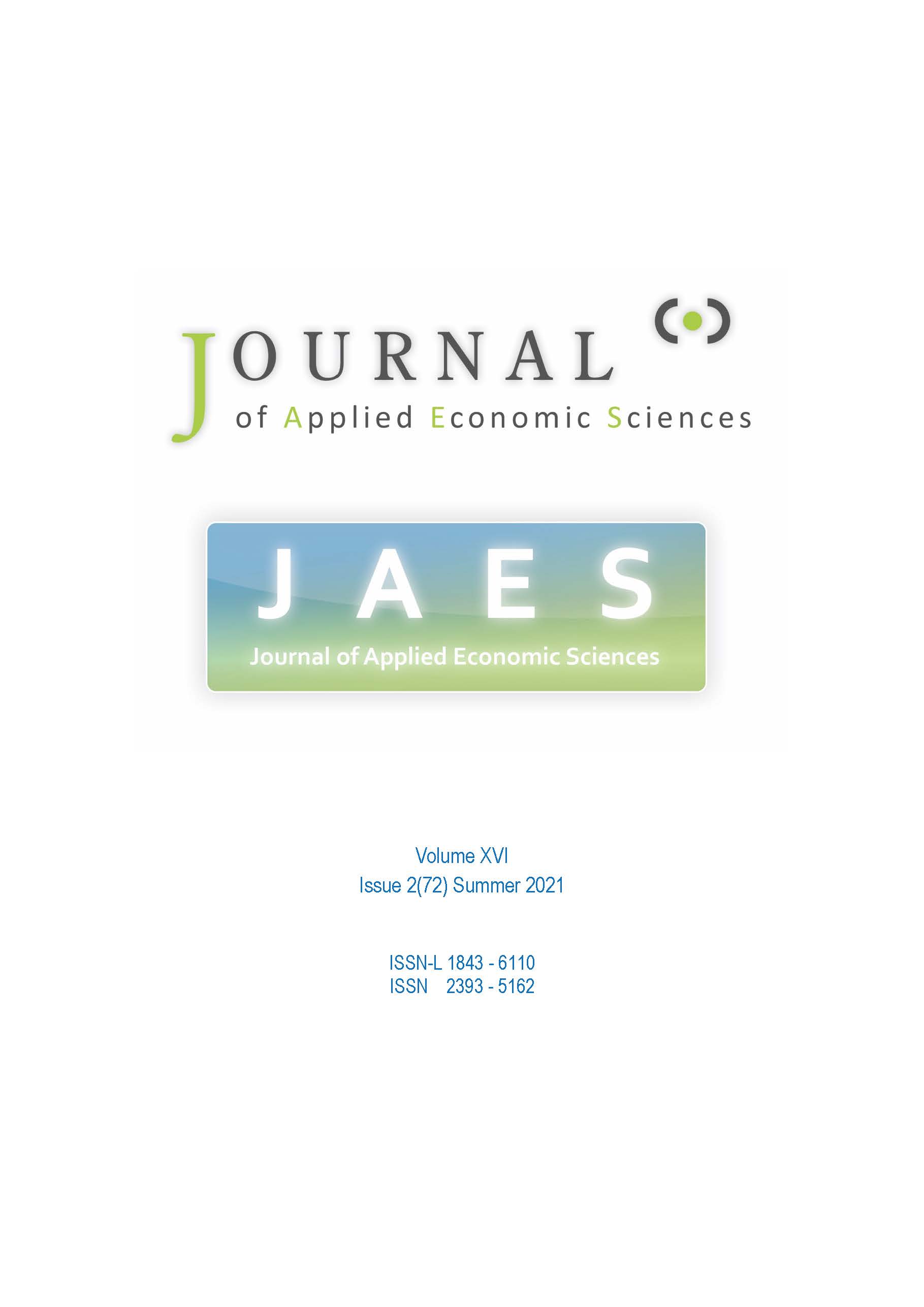Towards a New Socially Embedded Intersectional Capabilities Theory (SEICT) in the 21st Century: Analysis of COVID-19 Policies in South Africa through Socio-economic Modeling and Indigenous Knowledge Base
Towards a New Socially Embedded Intersectional Capabilities Theory (SEICT) in the 21st Century: Analysis of COVID-19 Policies in South Africa through Socio-economic Modeling and Indigenous Knowledge Base
Author(s): Haider A. KhanSubject(s): Economy, Business Economy / Management, Socio-Economic Research
Published by: RITHA Publishing
Keywords: Covid-19; socially embedded capabilities; intersectionality; social accounting matrix; development; South Africa;
Summary/Abstract: This paper examines pandemic relief and development policies through the case study of South Africa during COVID-19 to create a broader understanding about problems facing developing countries during such crises. Specifically, it evaluates the strengths and limits of the government’s current policy approach. Furthermore, it proposes a more socially relevant quantitatively derived package through a model based counterfactual policy experiment that can connect immediate relief with long-run development policies from a socially embedded capabilities perspective. The paper uses an intersectional approach and utilizes Social Accounting Matrix (SAM) to identify the production sectors that are not only the most impacted and are the most vulnerable, but also have room for maximal future development. It also makes a preliminary attempt to posit possible improvements in people’s well-being based on indigenous knowledge. Indigenous knowledge systems can be integrated with modified existing public health models. Our multi sectoral analysis highlights the importance of the indigenous knowledge base in evaluations of people’s well-being. Our study finds specific production activities such as agriculture, construction, land transport, mining, and real estate sectors to be labor-intensive and vital to the economy. With proper modifications, the methodology and framework used for South Africa will be applicable for other developing countries. This will help direct immediate resources strategically and efficiently to key areas of the developing economies for optimal development from a capability’s perspective.
Journal: Journal of Applied Economic Sciences (JAES)
- Issue Year: XVI/2021
- Issue No: 72
- Page Range: 168-184
- Page Count: 17
- Language: English

